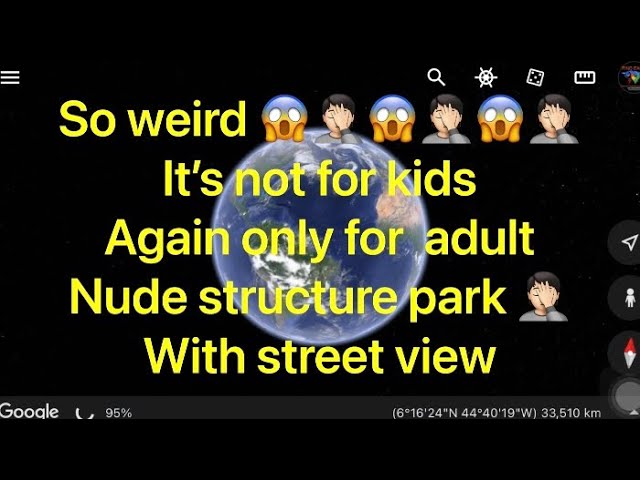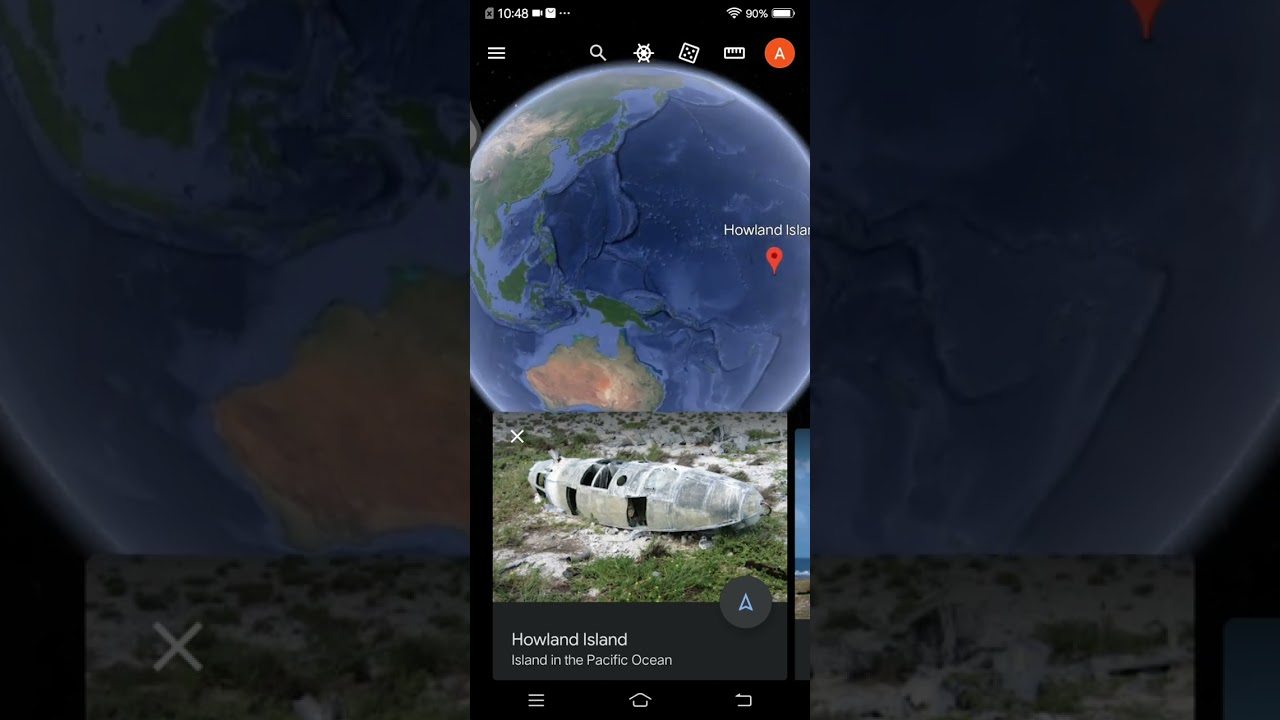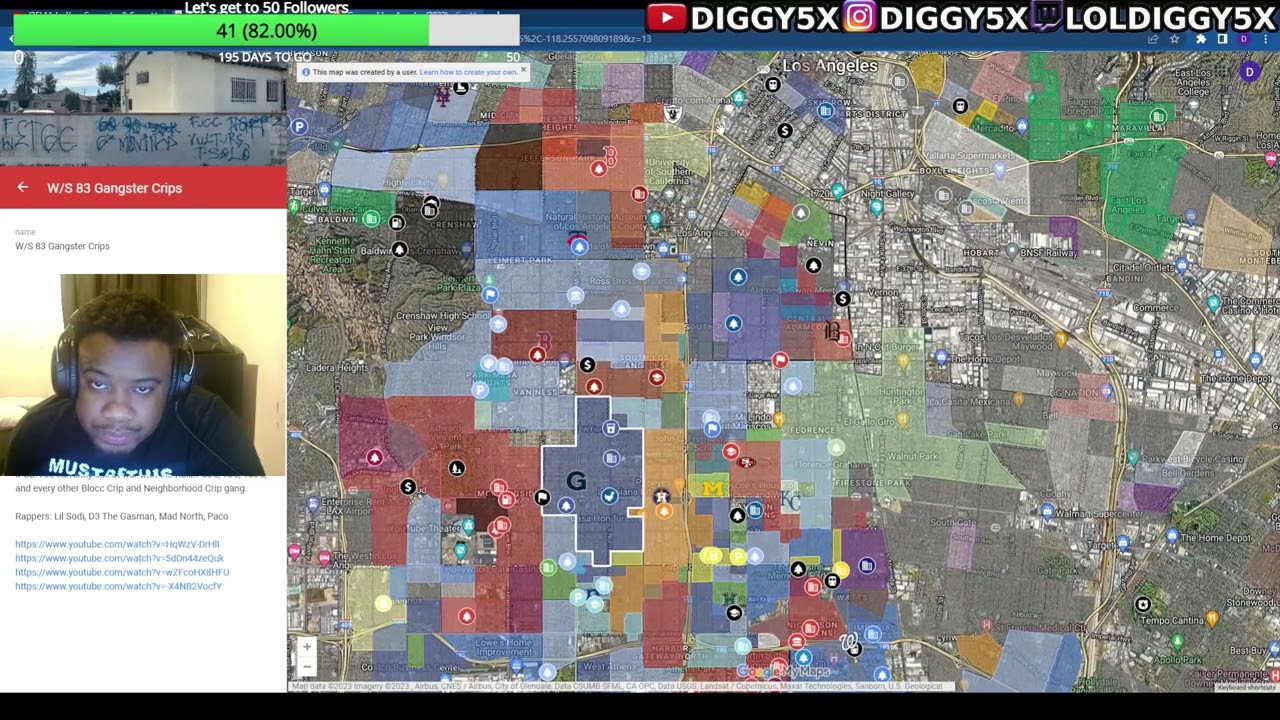Exploring the phenomenon of google maps nudes: a closer look at the trend

Understanding the Google Maps Nudes Trend
The rise of Google Maps nudes has become a rather peculiar trend in the age of technology and social media. This phenomenon encompasses the sharing of nude images and inappropriate content on seemingly innocuous platforms like Google Maps. Many users have taken it upon themselves to upload these images, and it raises a slew of questions regarding privacy, ethics, and societal norms.
Google Maps is primarily a tool designed to assist individuals in navigating the world, find new places, and explore different cultures. However, the unexpected infusion of adult content into this space indicates a breakdown in our understanding of boundaries and appropriate context. The question arises: What prompts individuals to share this type of content in such public and widely-used platforms?
A Shift in Digital Behaviour
The advent of the internet has changed the way people think about sharing personal information and images. In the past, private photos were confined to one’s personal circle, but social media has blurred these lines significantly. The motivations for posting explicit content on platforms like Google Maps can be multifaceted.
- Anonymity: Many users believe that they are shielded by the veil of anonymity the internet provides.
- Shock Value: Posting explicit images can serve as a means to gain attention or provoke a reaction.
- Artistic Expression: Some users claim their posts celebrate the human form in an artistic manner.
Social media plays a significant role in the proliferation of content, and its impact on the Google Maps nude phenomenon cannot be overstated. As users become accustomed to sharing their lifestyles online, the boundaries of what’s acceptable continue to shift.
Platforms like Instagram, Twitter, and Facebook have made it increasingly easy to upload and distribute images with just a few clicks. This trend spills over to platforms not traditionally known for explicit content. Consider how quickly a post can go viral and how this motivates users to seek out attention through ever more outrageous content.
The inherent desire for likes and shares can compel users to disregard common decency. The impulse to go viral—be it through comedy, shock, or nudity—has manifested uniquely on platforms like Google Maps, which historically have been viewed as purely informational.
Additionally, the cross-pollination of content across platforms results in a culture of sensationalism where capturing attention becomes paramount. Users increasingly feel pressured to outdo one another.
Implications for Privacy and Ethics
The implications of such behaviour reach far beyond the digital realm, especially concerning privacy and ethics. The act of posting adult content in public spaces raises critical questions about consent, ownership, and consequences.
For instance, many images may feature individuals who have not given explicit permission for their photos to be shared publicly. This disregard for personal boundaries can lead to emotional distress and broader societal consequences. The act of sharing non-consensual nudity is not just a breech of standard etiquette but can have severe legal ramifications.
Legal Perspectives
In light of the challenges posed by content-sharing on platforms like Google Maps, various laws have emerged to protect individuals from non-consensual sharing of intimate images. Laws differ by regions, but many countries are adopting stringent regulations addressing revenge porn and similar issues. Legal actions can include:
- Cease and Desist Letters: Individuals can demand content be removed.
- Fines and Penalties: Offenders may face significant fines for legal breaches.
- Prison sentences: In severe cases, individuals may face incarceration.
Addressing the Cultural Responses
Culture plays a significant role in how we view nudity and explicit content in digital spaces. Different cultures have varying standards when it comes to sexuality and its representation. In some regions, nude art is celebrated, and body positivity movements encourage open discussions about the human form. Conversely, many others maintain strict societal norms against nudity, leading to a dichotomy in how such content is perceived.
Reactions from the Public
Public reaction to Google Maps nudes varies widely, with commentators ranging from those who condemn the practice to others who support the right to express oneself freely. These diverse opinions contribute to ongoing debates regarding the appropriateness of sharing explicit content online.
- Supporters of freedom of expression: Argue that everyone has the right to display their own body, especially in non-exploitive ways.
- Opponents: Focus on the detrimental effects such practices have on individuals and society.
Moreover, wider discussions surrounding the impact of social media have manifested in calls for accountability. As platforms like Google Maps continue to navigate their responsibilities in moderating content, users are increasingly voicing their concerns about censorship and the limits of free speech.






